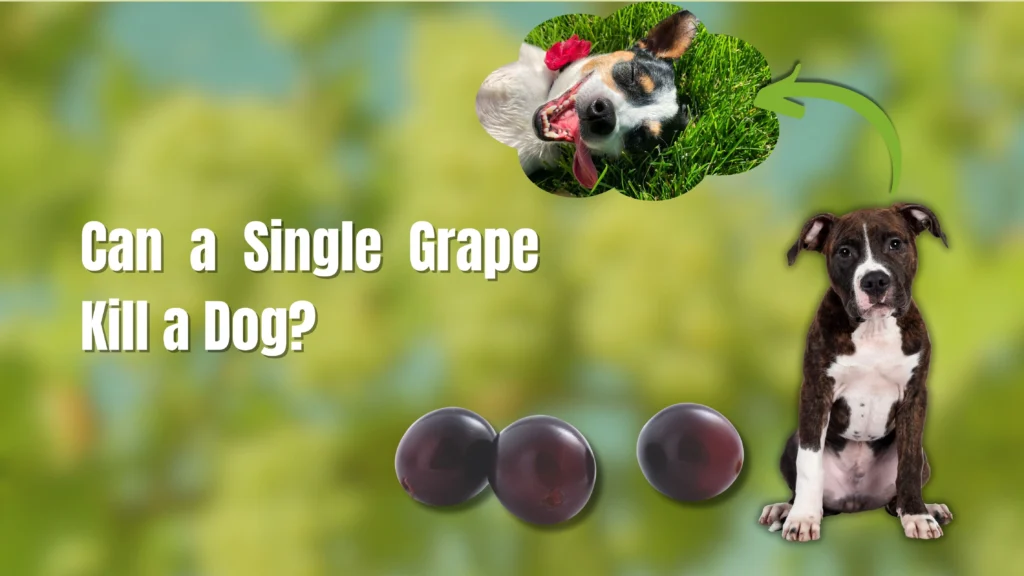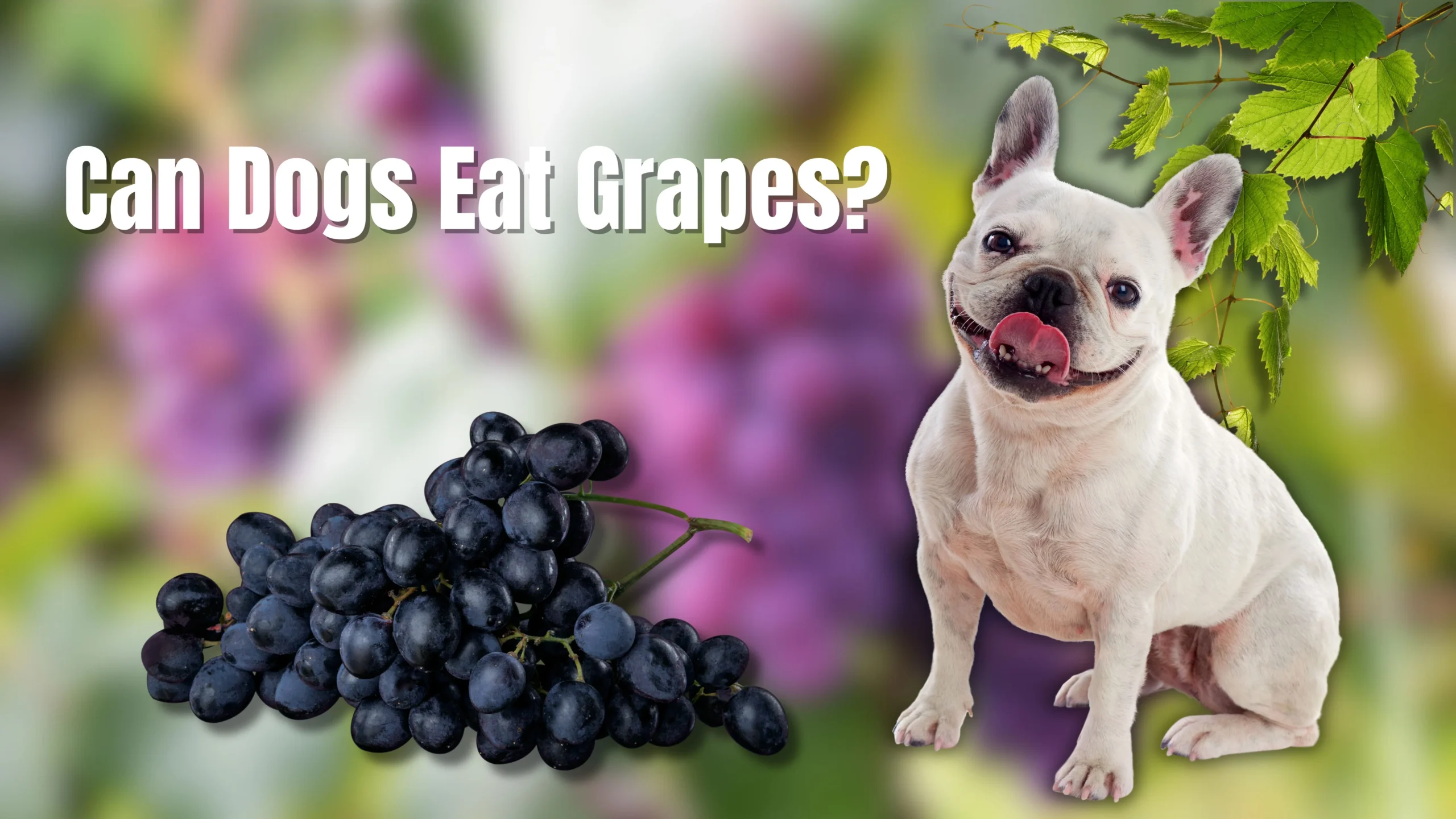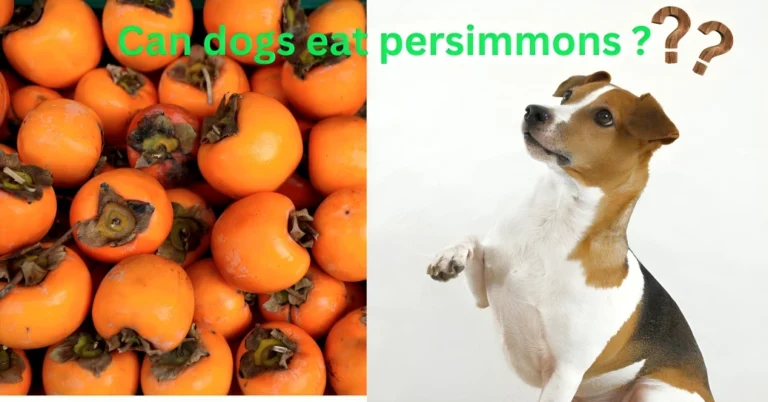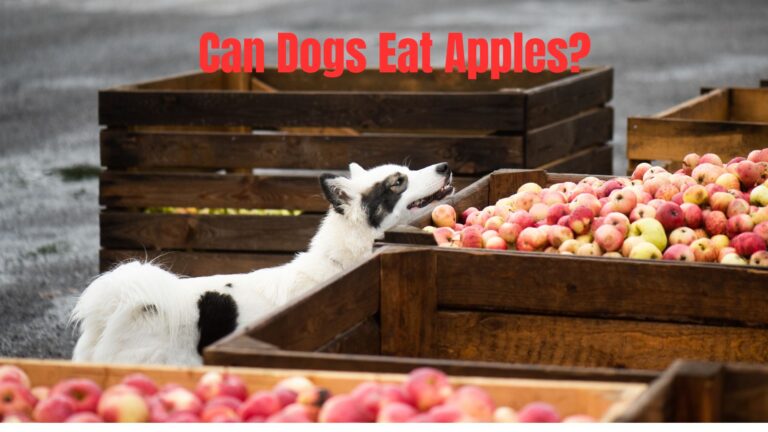Can Dogs Eat Grapes? Learn Why They’re Toxic for Dogs
Can Dogs Eat Grapes? Learn Why They’re Toxic for Dogs. Dogs should never consume grapes or raisins, as both are highly toxic to them. Although research has not definitively identified the specific substance responsible for this toxicity, the dangers are clear. All varieties of grapes—whether red, green, seedless, fresh, or dried—can pose a serious threat, and there is no established safe amount for dogs.
The risk of grape or raisin poisoning does not depend on a dog’s breed, sex, or age. These fruits can lead to severe reactions, including kidney failure, and may even be fatal. It’s crucial for pet owners to recognize the signs of toxicity and to understand that there are many alternative fruits and vegetables that are safe and nutritious for dogs.
To protect your dog, it’s essential to be vigilant about the foods they consume. If you suspect your dog has eaten grapes or raisins, seek veterinary assistance immediately. Familiarizing yourself with safe dog treat options will help ensure your pet remains healthy and happy.

Are grapes bad for dogs?
The reason grapes are toxic to dogs remains unclear, with researchers proposing several theories but lacking concrete evidence. Factors such as breed, age, and sex do not appear to influence the risk of toxicity, and possible causes like contamination from molds or pesticides have been suggested. Some scientists have even speculated that high levels of tartaric acid or vitamin D within grapes could be responsible, but no definitive cause has been established.
All varieties of grapes—whether red, green, seedless, cooked, or dried—pose a threat to dogs, with symptoms ranging from mild vomiting to severe kidney failure. If your dog ingests grapes, it’s important not to panic. Early detection of toxicity often leads to a positive outcome, as veterinary intervention can mitigate potential harm. However, untreated grape poisoning can be fatal, so prompt action is crucial.
What Are the Symptoms of Grape Poisoning in Dogs?
Dogs are naturally drawn to new scents, making grapes and raisins particularly enticing. If a dog ingests these fruits, symptoms can manifest within hours, including decreased appetite, lethargy, vomiting, diarrhea, and abdominal tenderness. Other signs to watch for include dehydration, increased thirst, changes in urination, and in severe cases, collapse.
If you suspect your dog has consumed grapes or raisins, it’s important to monitor for specific symptoms over the next 24 hours. These may include vomiting, diarrhea, weakness, and signs of dehydration such as panting or pale gums. Additionally, tremors or seizures may indicate the onset of kidney failure, which can develop over several days and could be fatal if not treated promptly. Immediate veterinary attention is crucial for any signs of toxicity.
How toxic are grapes and raisins to dogs?
Grapes and raisins pose a serious threat to dogs, with the potential to cause fatal kidney damage and sudden renal failure. While some dogs may consume these fruits without apparent harm, there is no safe amount, as sensitivity varies widely among individual dogs regardless of breed, sex, or age. The exact reason for this toxicity remains unknown, although researchers suspect that compounds like tartaric acid and potassium bitartrate might be involved.
Tartaric acid, which increases as grapes ripen, is primarily responsible for the fruit’s toxic effects. This variability in acid concentration could explain the inconsistent reports of toxicity among different grape varieties. Additionally, many processed foods containing grapes or raisins, such as baked goods and certain cereals, can also be harmful. It’s crucial for dog owners to avoid giving their pets any form of grapes or raisins, including Zante currants, which are closely related and can also lead to severe health issues.

Can a Single Grape Kill a Dog?
Even a single grape or raisin can be fatal for dogs, potentially leading to acute kidney failure. While some dogs may consume a large quantity without ill effects, others can become seriously unwell after ingesting just a few. This unpredictability makes it challenging to determine how different quantities of grapes will affect individual dogs.
If your dog consumes grapes, raisins, currants, or sultanas, it is essential to consult a veterinarian immediately. Sensitivity to these fruits varies significantly among dogs, and in severe cases, ingestion can result in death. Prompt action is crucial to ensure your pet’s safety and health.







